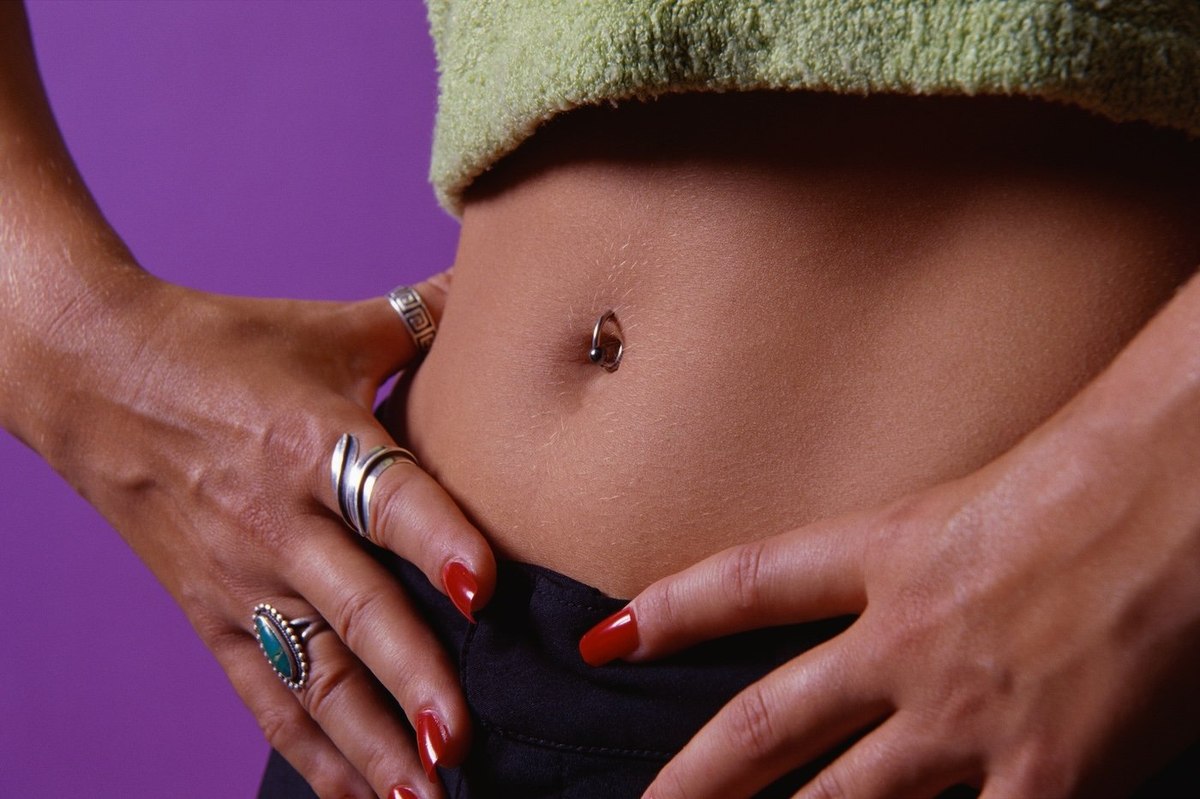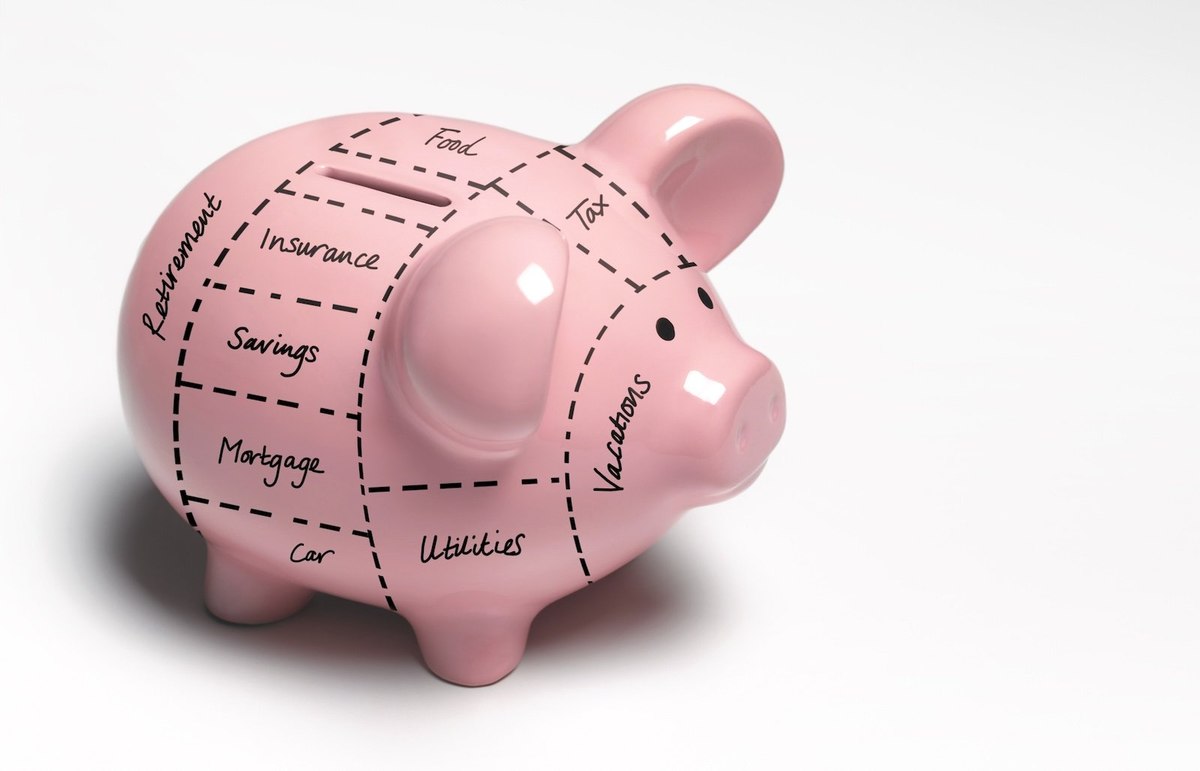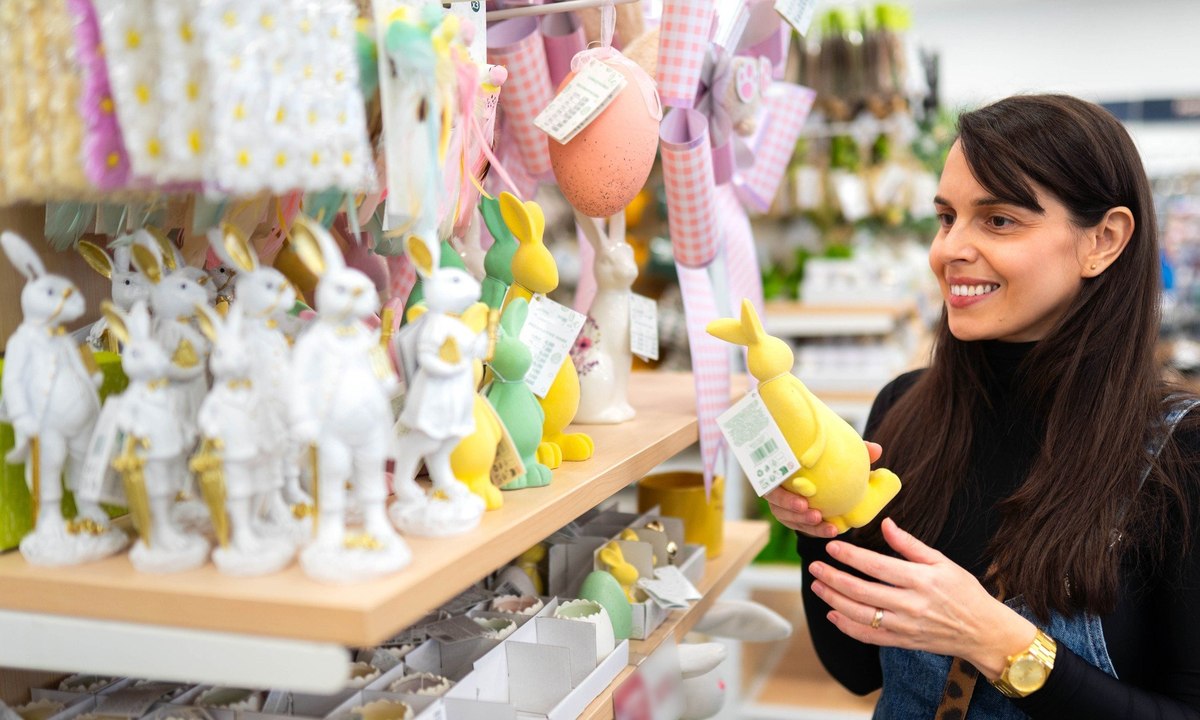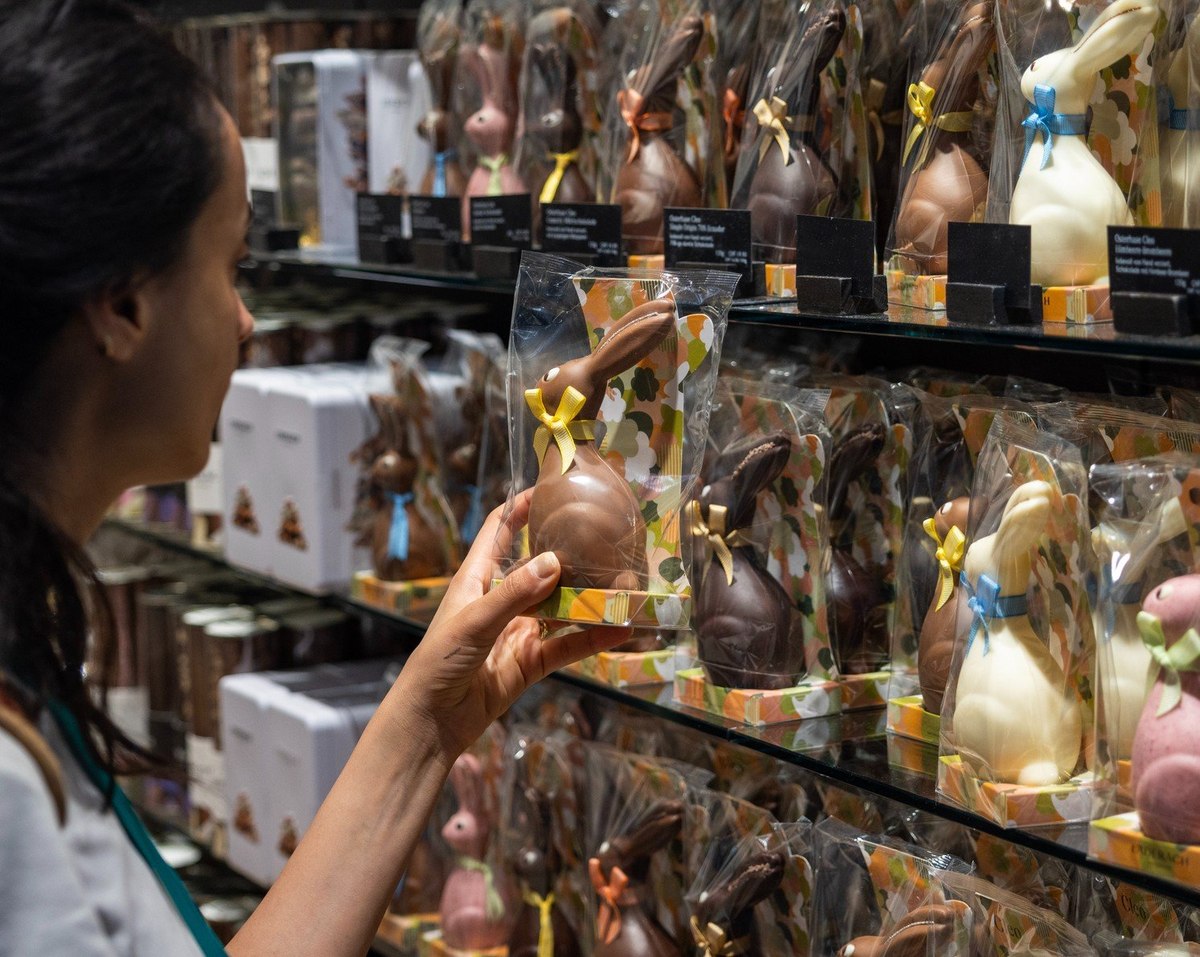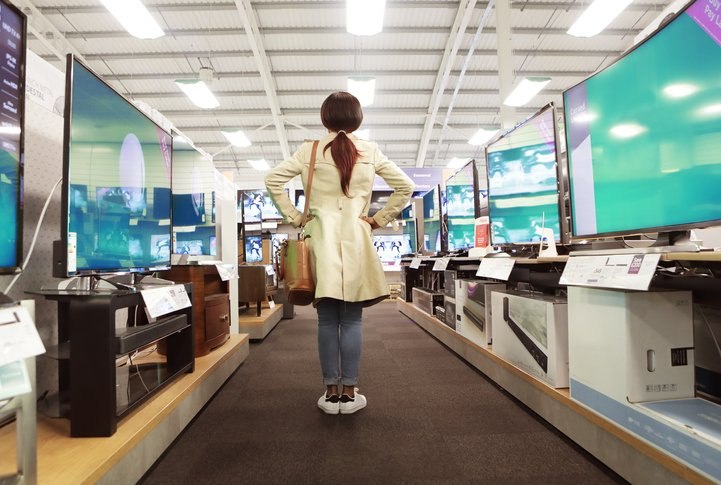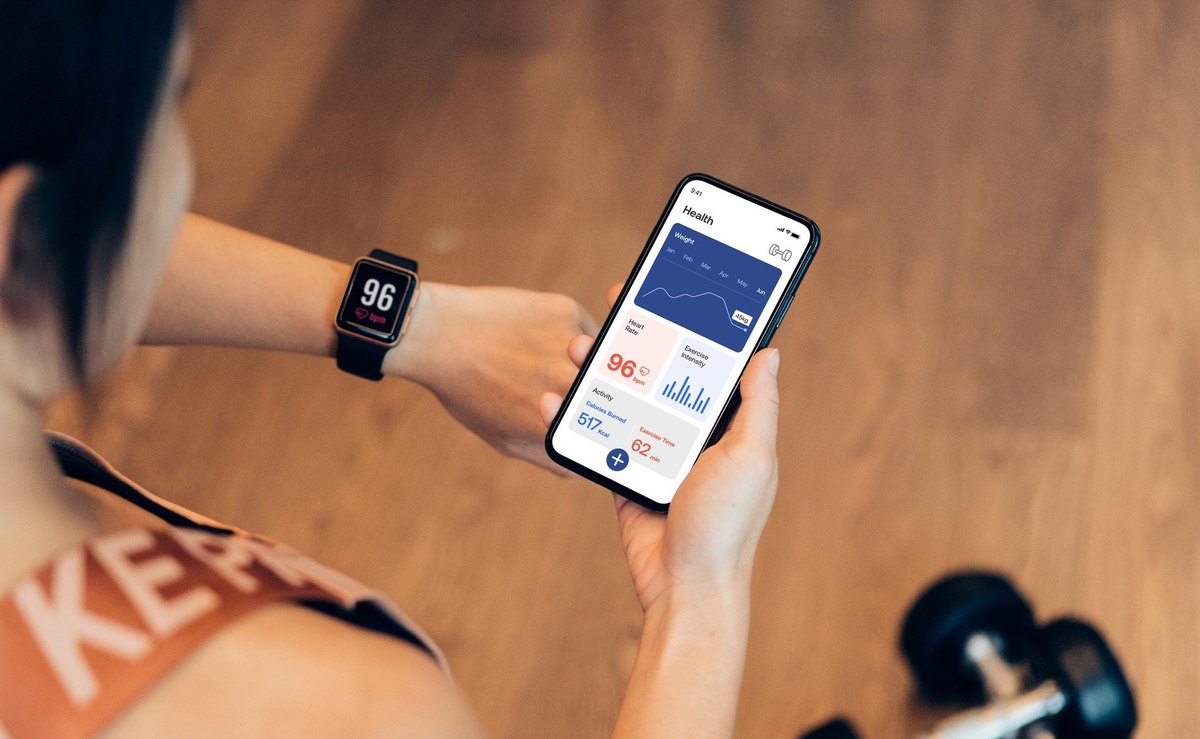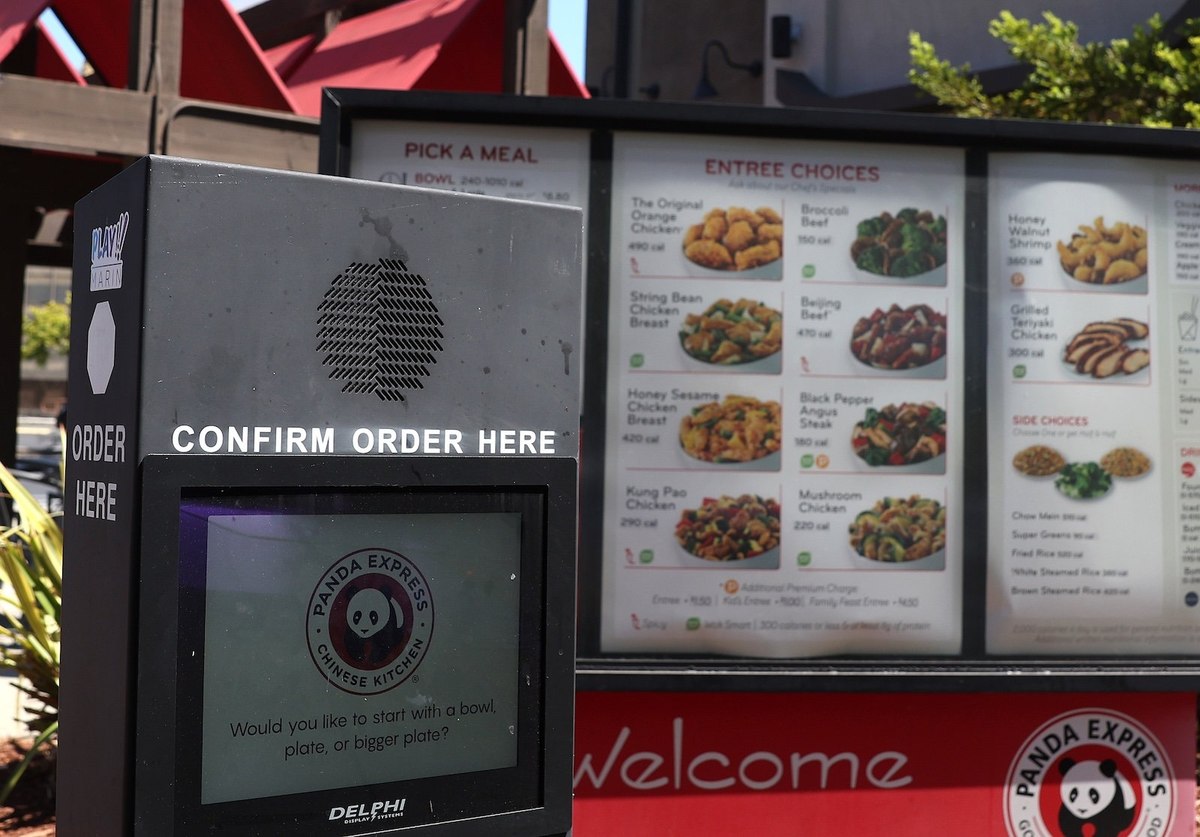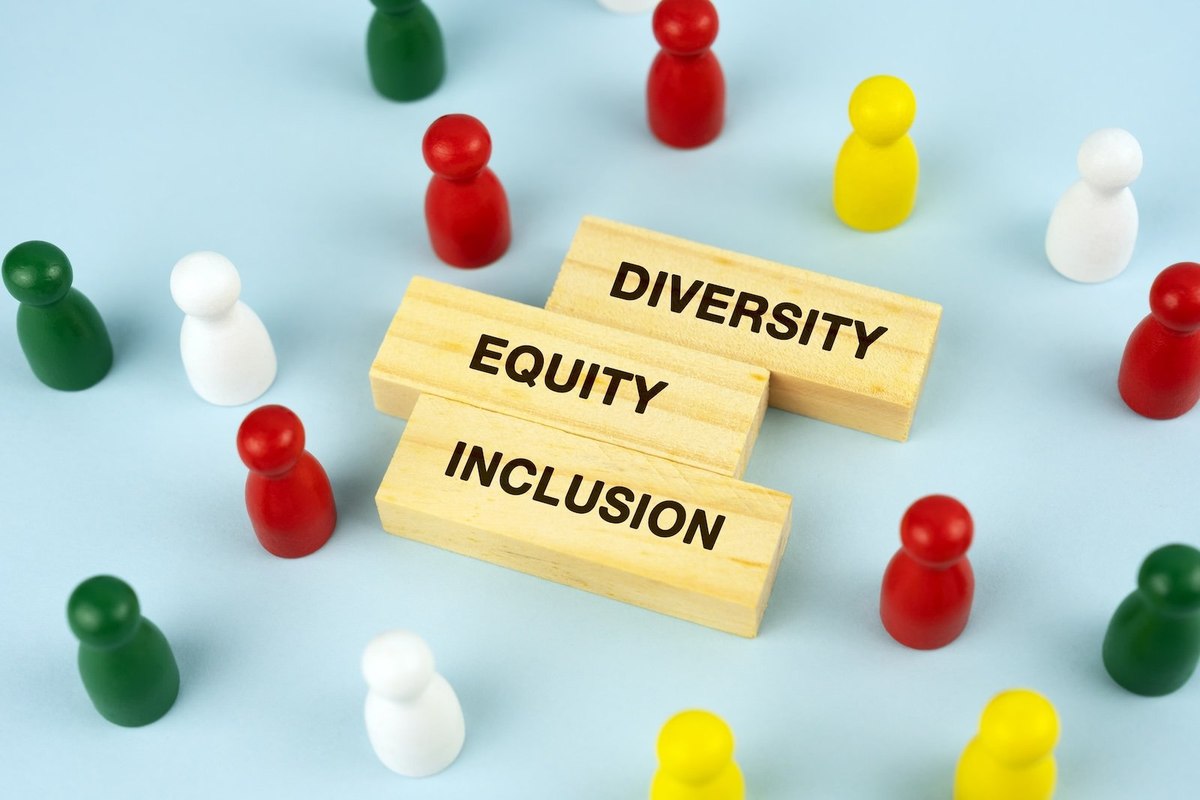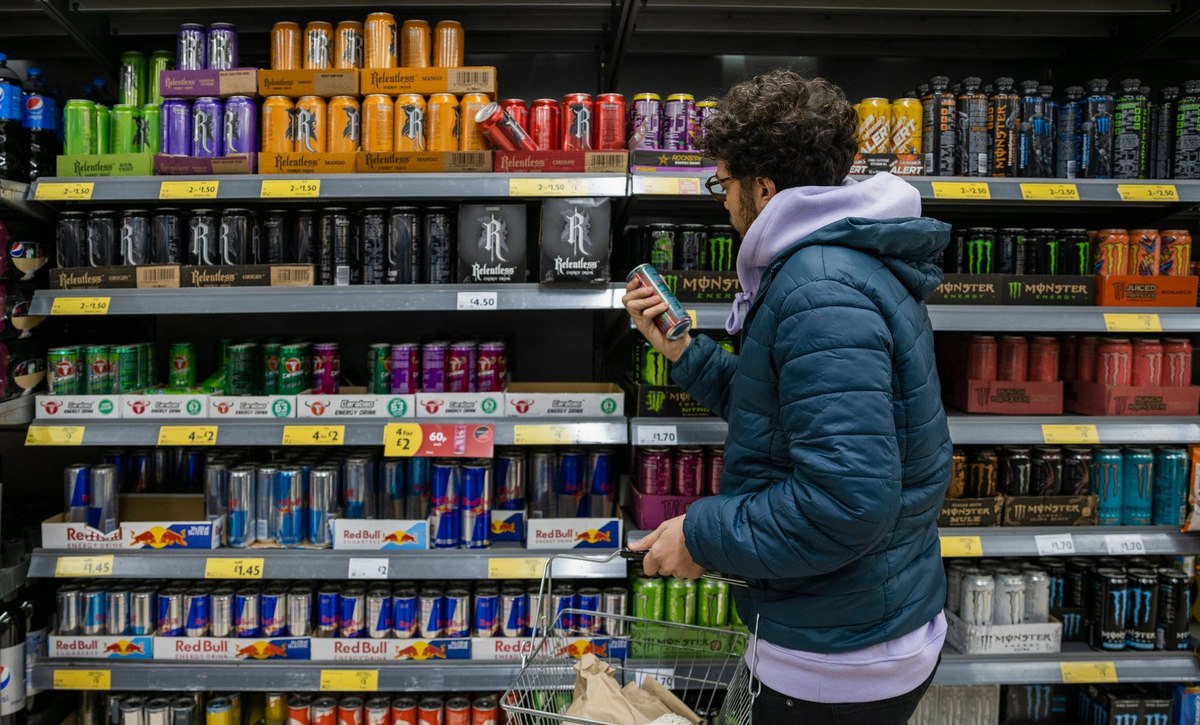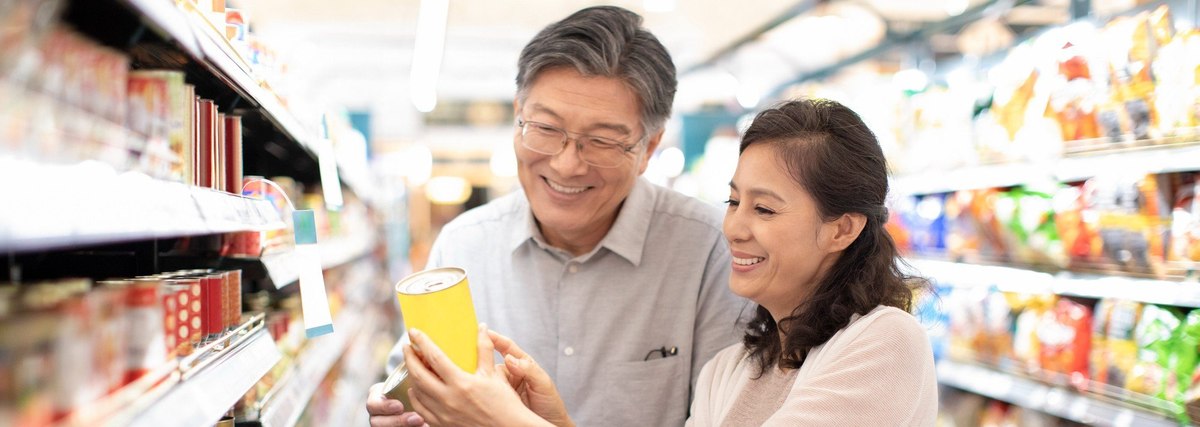
Do eco-labels influence the purchase decisions of consumers in Hong Kong?
Eco-labels help businesses communicate the environmental credentials of their products. In an earlier article, we explored public awareness of such green marks in Hong Kong.
But to what extent do eco-labels influence the purchase decisions of consumers in Hong Kong? Are consumers willing to switch brands or pay more for eco-labelled products?
What eco-labelled products are consumers in Hong Kong most likely to currently purchase?
YouGov polled consumers in Hong Kong about eco-labelled products which they typically purchase (specifically, products for which 50% or more of their current purchases are eco-labelled).
As of April 2022, more than one-sixth of consumers say they mainly purchase eco-labelled coffee/tea (18%). About one in seven typically buy eco-labelled rice (15%) and milk (14%), as do one in eight for eco-labelled flour (13%) and bath soaps/oral care products (12%).
Additionally, around one-tenth of consumers mainly purchase eco-labelled home furniture (10%), washing machines (9%) and cosmetics/makeup/skincare products (9%). At present, only 8% of consumers regularly purchase eco-labelled clothing items, despite the fashion industry’s huge environmental impact.
Notably, almost three-fifths (59%) of consumers say they do not buy eco-labelled versions of any of the above products 50% or more of the time.
How likely are consumers in Hong Kong to switch brands and pay more for various eco-labelled products?
YouGov also polled consumers in Hong Kong about products for which they would consider a brand switch in order to buy an eco-labelled version – and separately, whether they would be prepared to pay more to do so.
When asked about food related items, around one-third of consumers are open to switching the brand of coffee/tea (33%), rice (31%), milk (31%) they currently purchase in order to buy an eco-labelled one, with around 2-4% less willing to pay a higher price.
Meanwhile, one-quarter of consumers would consider changing their current brand of flour (25%) to an eco-labelled one, while 22% are willing to pay more to go green.
When asked about household appliances and furniture products, about one in seven consumers are open to switching their home furniture (14%), washing machine (14%) and television (13%) brands for an eco-labelled alternative.
Around the same number are willing to pay more for eco-labelled home furniture (15%) and washing machines (14%), while slightly less would for televisions (11%).
When asked about personal electronics and automobile products, only one in eight consumers (13%) are open to changing their smartphone brand to buy an eco-labelled one and willing to pay more for it.
Less than one in ten would consider switching brands and paying more for eco-labelled cars, and less than 5% for eco-labelled gaming consoles.
When asked about fashion and personal care products, about one-quarter of consumers are open to changing their brand of bath soaps and oral care (24%) for eco-labelled versions, and one-fifth for cosmetics, makeup and skincare products (21%). Around one in five are willing to pay more for eco-labelled versions of both kinds of products.
Notably, as of April 2022, one-third (32%) of consumers in Hong Kong would not switch brands to buy eco-labelled versions for any of the above products, while almost two-fifths (39%) would not consider paying a higher price.
How much more are consumers presently willing to pay for eco-labelled products?
YouGov also asked consumers in Hong Kong who say they would consider paying a higher price for various eco-labelled products to indicate how much more they are willing to pay, by sliding a scale from 1% to 100%.
In general, most consumers are willing to accept higher prices of 30% or less for eco-labelled versions of the above products. However, relative to other products, a larger proportion of consumers are willing to pay more than 30% higher for eco-labelled smartphones (51%) and washing machines (42%).
Eco-labels in Hong Kong: how aware are consumers of these green marks? Read our earlier article here.
To receive monthly insights about the FMCG industry register here.
To read YouGov’s latest intelligence on the FMCG sector explore here.
Methodology: YouGov RealTime Omnibus provides quick survey results from nationally representative or targeted audiences in multiple markets. This study was conducted online on 7 April 2022, with a market representative sample of 1,071 adults in Hong Kong (aged 18+ years), using a questionnaire designed by YouGov. Data figures have been weighted by age and gender to represent the adult online population in Hong Kong (18 years or older), and reflect the latest Hong Kong Census and Statistics Department (C&SD) population estimates. Learn more about YouGov RealTime Omnibus.

